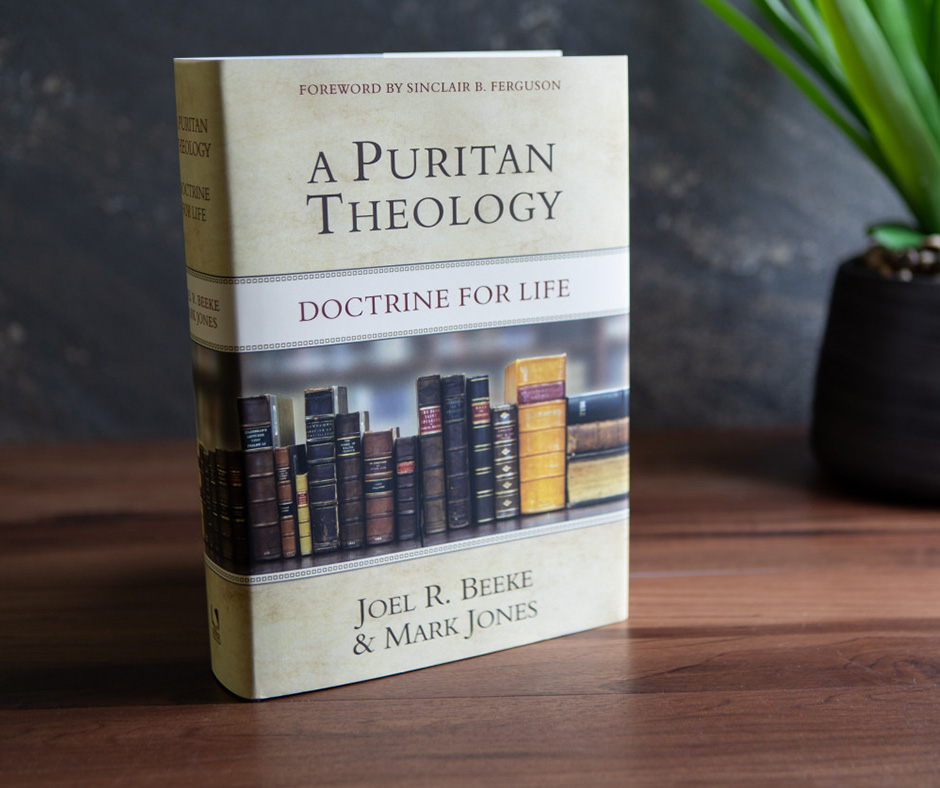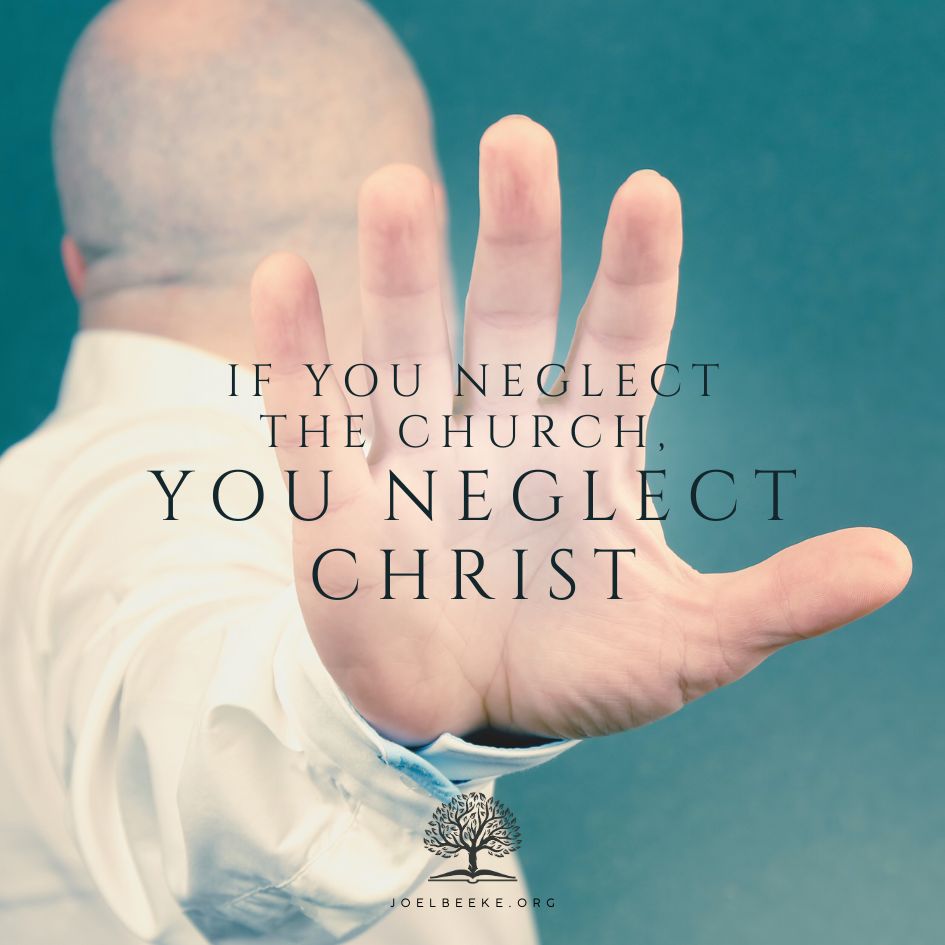
Beeke’s Book of the Month for May 2023 is A Puritan Theology: Doctrine for Life by Dr. Joel Beeke and Dr. Mark Jones. Enjoy this brief excerpt from their introduction to learn why A Puritan Theology is the best starting place for anyone who wants to deepen their knowledge of these eminent saints. (Note: All of the references in this article are properly footnoted in the full text of A Puritan Theology.)
“The word “Puritan” originated in the 1560s as a bit of pejorative hurled at people who wanted further reformation in the Church of England. While some social historians think the term should be abandoned due to the various ways it was used during the sixteenth and seventeenth centuries, others who identify themselves as Reformed or Calvinistic defend the continuing use of the terms “Puritan” and Puritanism.” This book is about Puritan theology. Its chapters will address various areas of the systematic theology of Puritanism.
Puritanism must be understood as a movement that sought further reformation of the Church of England in conformity with the Word of God. The Puritans were successful for a time in achieving this goal, as is evident in the work done by the Westminster Assembly, the introduction of Presbyterian ordination and church government in diverse places, and the accession of Puritans to positions of influence in church and state and in the ancient universities of Oxford and Cambridge. But Puritanism was dealt a severe blow as a reform movement inside the Church of England, as Carl Trueman notes: “In 1662, with the passing of the Act of Uniformity, those within the Church of England who wished for a more thorough reformation of its practices, and who found themselves unable to accept what they regarded as the popish aspects of the Book of Common Prayer, were forced to make a difficult choice: either they should conform and give up their deeply-held beliefs about the church; or they should leave the church in protest. Nearly two thousand chose the latter option, and thus Puritanism made the transition to nonconformity.”
In many chapters, we feel we have just scratched the surface. For example, trying to give an overview of Stephen Charnock’s mammoth tome, The Existence and Attributes of God, in one chapter is almost impossible. Our hope is that these chapters will offer a general yet accurate picture of various doctrines while whetting the appetite of students of Puritanism to engage in further study of these doctrines in greater detail.
We have tried to be fairly comprehensive, but we must acknowledge that we have not covered all areas of Puritan theology. Large, single-volume works typically suffer from a lack of the breadth and depth possible in a multivolume work. Nonetheless, nearly all of the major Puritan doctrines are discussed, and some chapters cover topics that could easily be expanded into an essay or dissertation (e.g., the beatific vision, or Puritan preaching).
In this book, we have also attempted to do responsible, historical theology. The chapters are designed to give an accurate picture of what the Puritans said, not what we would have liked them to say. We recognize that there were strengths and weaknesses in Puritan theology. There is no question that Thomas Goodwin’s eschatology, fascinating as it is, had many problems. In the latter part of his life, Goodwin regretted setting a date for the beginning of the millennium (supposedly 1666). The Puritans did not excel in eschatology. Reformed theologians of the twentieth and twenty-first centuries have provided the church with a more exegetically sustainable account of how to understand, for example, the book of Revelation. That said, we believe that the Puritans were not only correct but that they excelled in most areas of theology. Few theologians prior to the Puritans could write with such theological precision while also applying theology to the hearts and minds of those who listened to their sermons and read their books. “Doctrine for life” was a constant emphasis in the writings of Puritans, who were almost all highly trained theologians as well as pastors of churches. Many forget that most of the greatest theologians God has given to the church were also pastors and teachers in the local church.
We trust that this book on Puritan theology will appeal to many types of people. Scholars will find this book useful, given our attention to primary sources and efforts to accurately reflect what the Puritans believed about various doctrines. But the target audience for this book is not primarily academic. Rather, we hope this book will also appeal to Christian laypersons, students of theology, seminarians, and ordained church leaders, such as pastors, ruling elders, and deacons. Reaching these varied groups is not easy, but we have done our best to put together a book that allows—to quote one well-known phrase— “elephants to swim and children to play in the water.” Nearly all Latin, Greek, and Hebrew words, phrases, and sentences have been translated for the reader. In the end, we are reminded of Archbishop James Ussher’s (1581–1656) comment that it takes all of our learning to make these things plain. We have done our best to do that.”
A Puritan Theology: Doctrine for Life
by Dr. Joel Beeke and Dr. Mark Jones.







